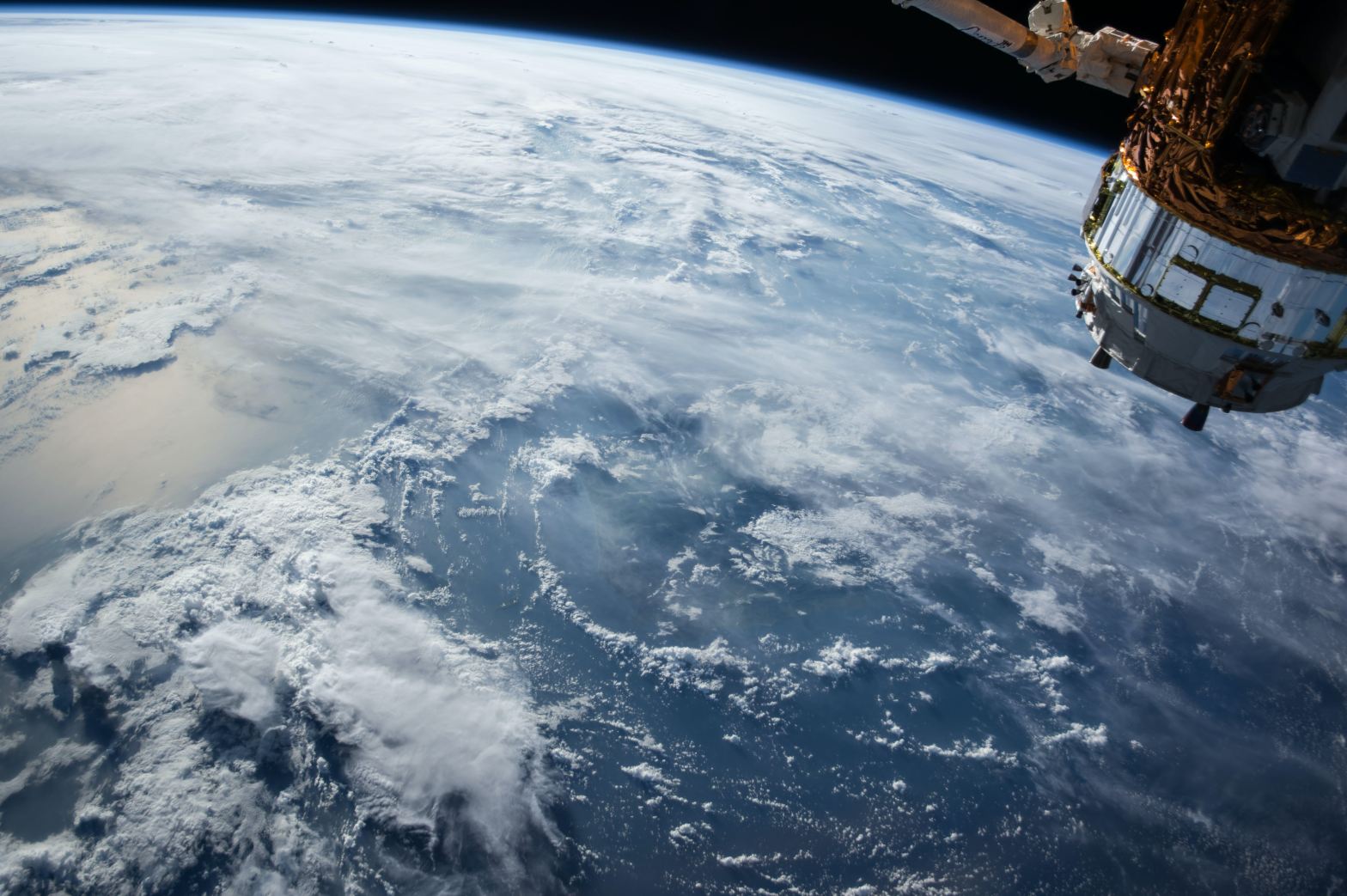In the not-so-distant future, as humanity expands its reach beyond Earth, the establishment of moon governance will become a vital topic of discussion.
As we envision a future where humans inhabit the Moon, questions surrounding politics and diplomacy in space arise. The establishment of moon governance will be a complex process that requires the collective commitment of nations and stakeholders to create a framework that ensures responsible and equitable exploration and utilization of lunar resources.
How will nations collaborate and govern in this extraterrestrial environment?
We will explore the complexities and potential approaches to moon governance, emphasizing the need for international cooperation. Such a peculiar system can also be seen in the book Moon Luck by Scott Harral. As a sci-fi and mystery tale, we find nuances to living in such a glorious dream. Harral’s glimpse into the near future as we inhabit the Moon reflects our desire to escape and live a better life away from our dying planet.
Developing A Comprehensive Moon Governance Framework
The Moon represents a new frontier, offering a vast potential for scientific exploration, resource extraction, and even tourism. As multiple nations and private entities expressed interest in lunar life, the need for a governance structure becomes increasingly apparent. Moon governance will address property rights, resource allocation, environmental protection, and international joint efforts. It will provide:
- A framework for resolving conflicts.
- Ensuring equitable access to lunar resources.
- Resulting in cooperation among nations.
Given the global interest in the Moon, a multilateral governance structure involving multiple stakeholders is essential. This can affect several governing bodies in a universal setting, including space agencies, private entities, and representatives from various nations. Creating an international lunar governing body can help consolidate efforts, regulate activities, and settle disputes.
Resource Management and Safety Concerns
Preserving the lunar environment is of utmost importance. Moon governance should prioritize sustainable practices, minimizing the impact of human activities on the Moon’s delicate ecosystem. Strict waste management, habitat preservation, and conservation regulations will be necessary. Moreover, moon governance must address safety and security concerns.
Measures should be taken to prevent conflicts or accidents that could harm human life or lunar infrastructure. Establishing protocols for emergency response, space traffic management, and the prevention of space debris will be vital.
Challenges Surrounding Diplomacy
Establishing effective moon governance will be challenging. Diverse national interests, differing legal frameworks, and potential geopolitical tensions could complicate the process. Diplomacy will play a crucial role in navigating these dangerous waters.
Regular international meetings, negotiations, and dialogue will be at play to address specific concerns. It also helps to align interests and build trust among internally diverse nations. Moon governance should be inclusive, ensuring spacefaring and non-spacefaring countries’ participation in creating a just and balanced system.
National Interests and Competition – Different nations may have varying priorities and interests regarding moon governance. Conflicting national agendas, resource competition, and geopolitical tensions could impede the formation of a unified society.
Legal and Regulatory Systems – No universally recognized legal framework designed explicitly for moon governance exists. Developing comprehensive and internationally accepted laws and regulations on property rights, resource extraction, liability, and jurisdiction will be a significant challenge.
Multilateral Cooperation – Achieving consensus among multiple stakeholders, including space agencies, private entities, and various nations, is complex. Diverse perspectives, differing priorities, and negotiating power imbalances may hinder the establishment of a multilateral governance structure.
Resource Allocation and Exploitation – The Moon’s resources, such as helium-3, water ice, and rare metals, are precious. Ensuring fair and equitable resource allocation while preventing monopolization or exploitation will require careful negotiation and international cooperation.
Funding and Investment – Establishing moon governance and supporting lunar activities will require substantial financial resources. Securing sustainable funding models and attracting investments from public and private sectors will be essential for successfully implementing moon governance.
Technological and Infrastructure Development – Building the necessary infrastructure and developing technologies to support lunar activities is a significant challenge. Cooperation among nations and private entities will be crucial in developing common standards, sharing technological advancements, and avoiding duplication of efforts.
Final Thoughts
The future of humanity’s presence on the Moon hinges on the development of effective Moon governance. Creating a system that fosters peace and cooperation is possible by prioritizing collective agreements, multilateral control, resource management, security, and safety.
Diplomacy will be vital in exploring the complexities of Moon governance, ensuring that the Moon becomes a shared resource for the benefit of all humanity. As we strive to inhabit the Moon, let us work together to establish a better-governing system that paves the way for a prosperous and sustainable future in space.
